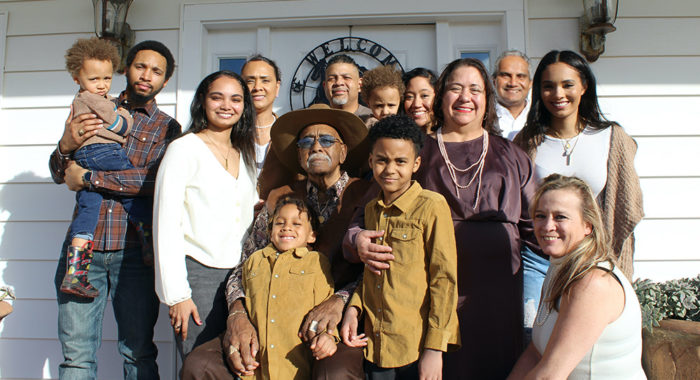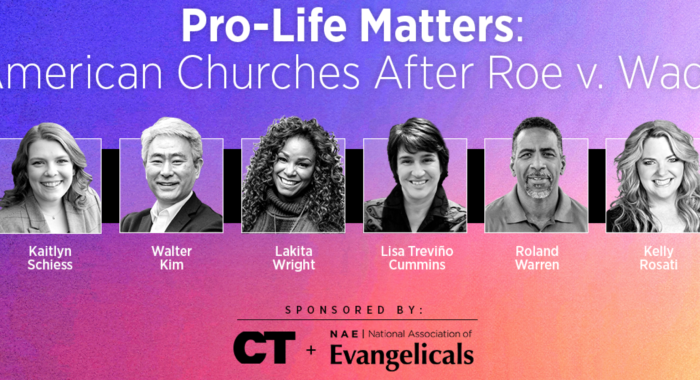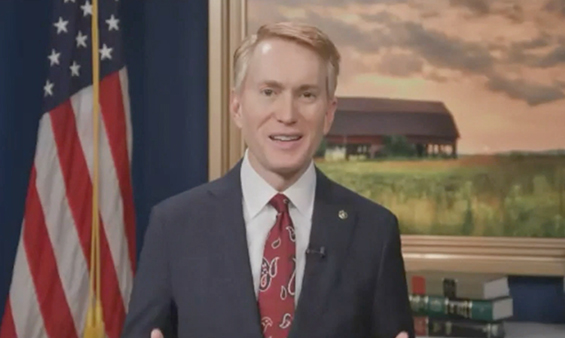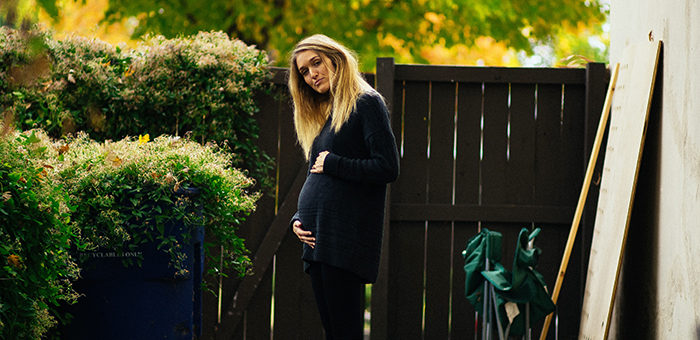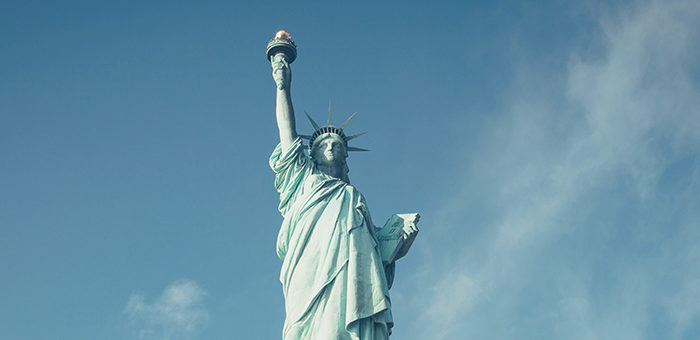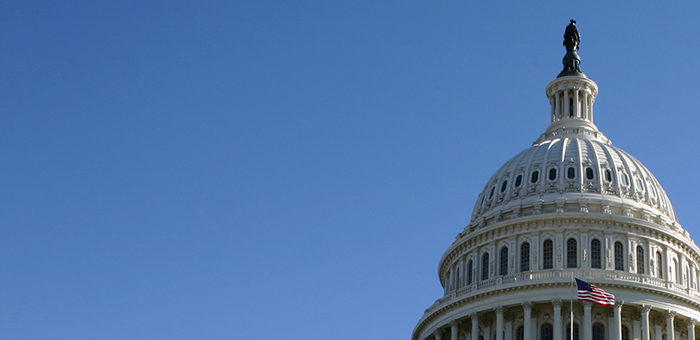The Bible reveals God’s calling and care for persons before they are born (Psalm 139:13), and each life lost is a unique creation made in God’s image who might have blessed our society in extraordinary ways. As evangelicals, we respect life and promote the flourishing of each person in every life stage and condition. Recent efforts to safeguard the sanctity of life and protect the unborn have faced both roadblocks and new opportunities.
Federal Funding of Abortion
In March, President Biden signed into law the American Rescue Plan, a massive bill that includes some important pro-family provisions for which the National Association of Evangelicals advocated, including extensions to the child and earned income tax credits. However, the bill appropriates money that is not subject to the Hyde amendment prohibition on federal funding of abortion. For the first time in decades, federal tax dollars may be used to pay for abortions.
Furthermore on May 29, President Biden released his budget proposal for the next fiscal year, which starts in October. In it, the president broke with bipartisan precedent by requesting federal funds for abortions, following through on a campaign promise to reverse his longstanding support for the Hyde amendment. Since 1976, the Hyde amendment is credited with saving more than two million babies from being aborted. [1] Pro-life advocates face an uphill struggle to protect Hyde, as well as the Helms and Weldon amendments that place pro-life guard rails on federal spending.
State Laws in Flux
At the state level, pro-life legislation has faced a judicial buzz saw. The Supreme Court has overturned laws restricting abortion in Texas and Louisiana. The Eighth Circuit Court of Appeals rejected an Arkansas law that would have banned abortions conducted to prevent the birth of a child with Down syndrome. The NAE joined an amicus brief in that pending case, arguing that those with disabilities deserve our particular care and protection.
Recently, a Fifth Circuit decision invalidated a Mississippi law that would ban most abortions after fifteen weeks. However, the Supreme Court has agreed to hear an appeal that could lead to a landmark decision overturning or at least narrowing the 1973 Roe v. Wade decision that currently guarantees a nationwide right to abortion. The NAE is working with other pro-life groups on an amicus brief in the case, Dobbs v. Jackson Women’s Health. Oral arguments will take place in the fall, and a decision is expected by June of 2022.
[1] Michael J. New, “Hyde @ 40: Analyzing the Impact of the Hyde Amendment,” Charlotte Lozier Institute, 2016, https://s27589.pcdn.co/wp-content/uploads/2016/09/OP_hyde_9.28.3.pdf (accessed June 2, 2021), 13.
Galen Carey, NAE vice president of government relations, is responsible for representing the NAE before Congress, the White House and the courts. He works to advance the approach and principles of the NAE document, “For the Health of the Nation.” He is also co-author with Leith Anderson of “Faith in the Voting Booth.” Before joining the NAE staff, Carey was a longtime employee of World Relief, the relief and development arm of the NAE, serving in Croatia, Mozambique, Kenya, Indonesia and Burundi. He received an M.Div. from Trinity Evangelical Divinity School, and a Doctor of Ministry from McCormick Theological Seminary.




 View All Articles
View All Articles 








